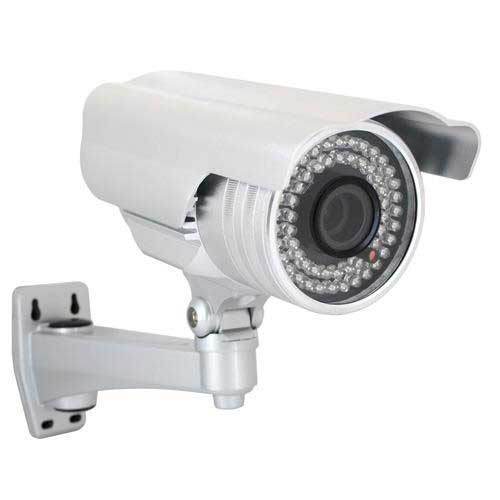In today’s interconnected world, security system suppliers have evolved significantly, offering a range of advanced features that enhance the safety and security of homes, businesses, and other properties. Among these advanced features, remote monitoring services have become particularly prominent. This service allows property owners to keep an eye on their premises from virtually anywhere in the world, using various devices such as smartphones, tablets, and computers.
Here’s a closer look at how and why security system suppliers provide remote monitoring services:
What is Remote Monitoring?
Remote monitoring refers to the ability to observe and control security systems from a distant location. This service typically involves the use of internet-connected cameras, sensors, alarms, and other devices that can transmit data to a central monitoring station or directly to the user’s device. The key components include:
- Surveillance Cameras: High-definition cameras that provide real-time video feeds.
- Motion Detectors: Sensors that detect movement and trigger alerts.
- Access Control Systems: Electronic systems that manage entry to the premises.
- Alarm Systems: Devices that sound an alert when security is breached.
Benefits of Remote Monitoring Services
- Real-Time Surveillance: Users can view live footage from security cameras, providing peace of mind and the ability to respond quickly to any suspicious activity.
- Immediate Alerts: In case of a breach, motion detection, or other security incidents, users receive instant notifications via SMS, email, or app notifications.
- 24/7 Monitoring: Some suppliers offer round-the-clock monitoring by professional security teams, ensuring that any issues are addressed immediately, even if the property owner is unavailable.
- Remote Control: Users can remotely arm or disarm their security systems, lock or unlock doors, and control other connected devices, enhancing convenience and security.
- Record Keeping: Continuous or event-triggered recording allows users to review footage if an incident occurs, which can be crucial for investigations and insurance claims.
How Security System Suppliers Provide Remote Monitoring Services
Security system suppliers typically offer remote monitoring as part of a comprehensive security package. Here’s how they implement these services:
- Integrated Systems: Suppliers install and configure security systems that are designed to work seamlessly together. This includes cameras, sensors, alarms, and access control systems that are connected to a central hub.
- Mobile and Web Applications: Suppliers develop user-friendly apps and web interfaces that allow property owners to monitor their systems from anywhere. These apps provide access to live feeds, alerts, and control options.
- Professional Monitoring Centers: Some suppliers operate dedicated monitoring centers staffed by security professionals who can respond to alerts, contact emergency services, and take necessary actions to protect the property.
- Cloud Storage: Security footage and data are often stored in the cloud, ensuring that it is secure and accessible even if the physical security system is tampered with or damaged.
- Customization and Scalability: Suppliers offer customizable solutions to meet the specific needs of different properties. Whether it’s a small home or a large commercial building, the system can be scaled and tailored accordingly.






Comments